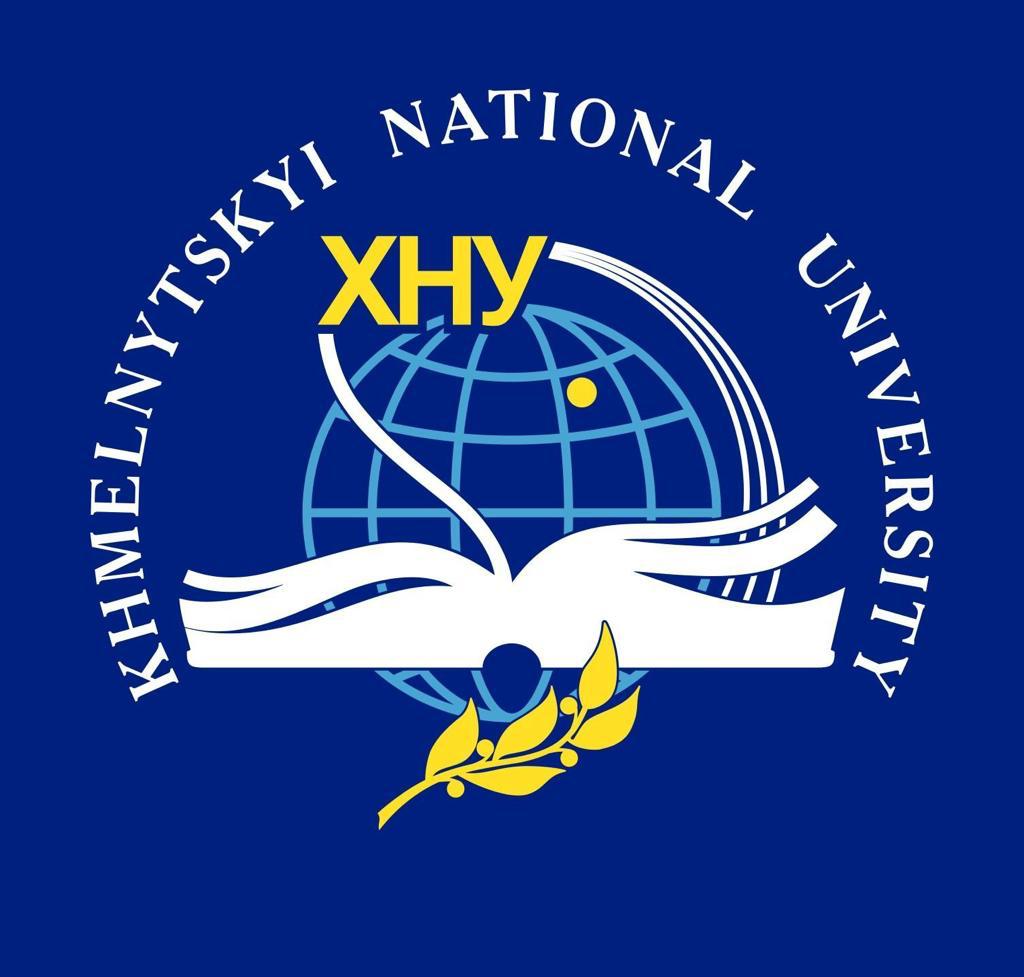USE OF INNOVATIVE TECHNOLOGIES IN PROFESSIONAL TRAINING OF HIGHER EDUCATION ACQUIRES OF PHYSICAL EDUCATION AND SPORTS
DOI:
https://doi.org/10.31891/pcs.2024.1.73Keywords:
information and computer technologies, competences, professional training, computer program, students of higher educationAbstract
The article examines the importance of using information technologies in the professional training of future specialists in physical education and sports. Taking into account the research of a number of scientists, it was established that the issues of transformation in the field of physical culture and sports remain relevant in the conditions of globalization and the modern information space.
It was determined that the introduction of innovations in educational, educational and training processes in various types of sports, health and recreational movement activities of various population groups is one of the main factors in the formation of the creative informational potential of future specialists in the field of physical culture and sports. Theoretical and methodological substantiation of the implementation of the concept of management of the educational and training, physical culture and health-improving process using the innovative method of the express test for assessing the physical state of the physiological systems of the body of athletes of various specializations and qualifications, people of different ages, articles and the functional readiness of their bodies for the use of information-computer computer technologies is given. The practical implementation of this approach is the use of modern achievements of ICT technologies.
It is shown that the use of a computer program in the field of physical education and sports allows to quickly quantitatively assess the parameters of the cardiovascular and respiratory systems, structural components and the integral level of functional fitness of the body, to reveal the dynamics of the level of physical fitness, i.e. to carry out comprehensive control of changes in the physical state of the body and provide an assessment of the effectiveness of the use of training tools.
It has been proven that the use of information technologies provides an opportunity to obtain information on the specifics of changes in the main indicators of physical and functional fitness in the process of adaptation to systematic physical loads of different orientation, volume and intensity, and for students of higher education in physical culture and sports to form an appropriate knowledge system of the information and educational space for future professional activities.
References
Danylevich M. (2018). Professional training of future specialists in physical education and sports for recreational and recreational activities: theoretical and methodological aspect: monograph. Lviv: LA «Pira Mida». 460 p.
Kremen V.G. (2010). The philosophy of human-centeredness in the educational space. Kyiv: Knowledge of Ukraine. 520 p.
Klopov R.V. (2010). Professional training of future physical education and sports specialists using information technologies: theory and practice: monograph. Zaporizhzhia, Zaporizhia National University. 386 p.
Innovative technologies of physical education of students / by general ed. Vikhlyaeva Yu. M. Kyiv: KPI named after Igor Sikorsky. 2018. 543 p.
Shinkaruk O.A., Denisova L.V., Kharchenko L.A. (2018). Information technologies as a factor of educational transformations in institutions of higher education in physical education and sports. Theory and methodology of physical education and sports, No 1, рр. 90-94.
Chernyakova Z., Liannoi M., Bakatov V., Kholodniy А. (2023). Peculiarities of the professional training of future physical culture teachers and trainersin the conditions of distance education. Physical Culture and Sport: ScientificPerspective, No 1, рр. 78-88.
Standard of higher education of Ukraine (2019) : first (bachelor) level of higher education, field of knowledge 01 Education/Pedagogy, specialty 017 Physical culture and sports. Kyiv. Ministry of Education and Science of Ukraine, 13 p.
Krutsevich T., Pangelova N., Moskalenko N. (2023). Physical education in educational institutions: current state and realities of today. Sports Bulletin of the Dnipro region, No 1, рр. 67-77. https://doi.org/10.32540/2071-1476-2023-1-067.
Ukraine needs a new territory policy. 2023. URL: https://hvylya.net/uk/news/274966-zelenskiy-rasskazal-kakaya-novaya-politika-nuzhna-v-regionah.
Stepanchenko N. V. (2017). The system of professional training of future teachers of physical education in higher educational institutions: author's abstract. ... Dr. Ped. Sciences: 13.00.04 / Vinnytsia. state pedagogue M. Kotsyubynskyi University. Vinnytsia, 629 p.
Horbatyuk R.M., Potapchuk O.I. (2017). Formation of readiness of future pedagogical specialists by means of mobile technologies for professional activity. Modern information technologies and innovative teaching methods in the training of specialists: methodology, theory, experience, problems. Vol. 48. рр. 106–109.
Sivak O.A., Sarbash M.V. (2018). Distance learning platforms in institutions of higher education. Bulletin of the Mariupol State University series: philosophy, cultural studies, sociology, Vol. 16. рр. 66-75.
Dutchak Yu., Antonets V. (2022). Digital transformation as a priority activity at children's and youth sport schools. Physical Culture and Sport: Scientific Perspective, No3-4, pp.33-38. https://doi.org/10.31891/pcs.2022.3-4.4.
Karaulova S., Malikov M., Sokolova O. (2021). Conceptual approach to improving the training process of highly qualified athletes. Sports Bulletin of the Dnieper Region, No. 3, рр. 36-44. https://doi.org/10.32540/2071-1476-2021-3-036.
Lisenchuk G, Tyshchenko V. (2019). Innovative technology in computer testing of psychomotor in team sports. Science in Olympic Sport, No. 1, рр. 36-41. https://doi.org/10.32652/ olympic2019.1_5.
Malikov N., Tyshchenko V., Bogdanovskya N., Savchenko V., Moskalenko N., Ivanenko S., Vaniuk D., Orlov A., Popov S. (2021). Functional fitness assessment of elite athletes. Journal of Physical Education and Sport, Vol 21, No 1, рр. 374-380.





